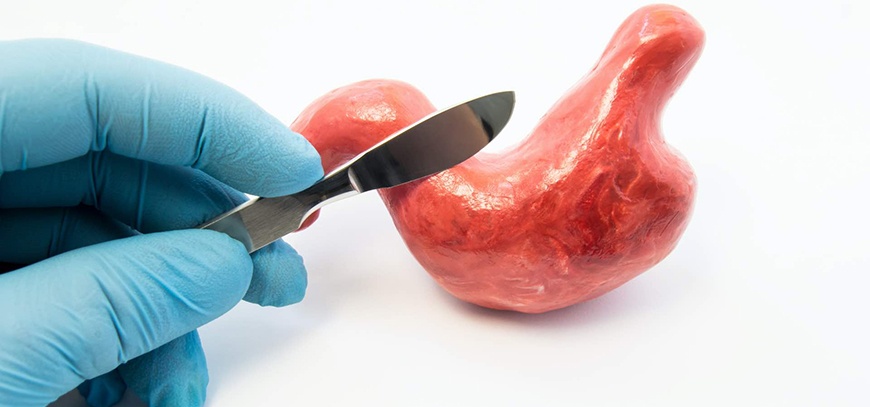Working Time
- Mon-Sat 10:00 – 19:00
Contact Info
-
+90 542 512 51 64
Ask the Experts
Gastric Bypass

The Gastric Bypass is a long established weight loss procedure. Over 30 years it has proven to be safe and effective, delivering both excellent weight loss outcomes and significant health benefits. In fact, for people experiencing health problems associated with their weight, the bypass is generally the best procedure available.
What is a Gastric Bypass?
Gastric Bypass surgery is a procedure that can help you to achieve long term weight loss. It can be an effective solution for anyone who has tried many other methods of diet and exercise, yet still has a Body Mass Index (BMI) of 30 (or above).
This procedure can take different forms, but one of the most popular is called a Roux-en-Y Gastric Bypass. The goal of each procedure is always the same, reducing the size of your stomach, which restricts how much you can eat. A Gastric Bypass also affects your hunger and appetite levels.
An alternative procedure to the Roux-en-Y Gastric Bypass is a Mini Loop Gastric Bypass. This is a newer type of bypass which works in much the same way and offers the same benefits. The key difference is that a Mini Gastric Bypass will involve less ‘rerouting’ of the digestive system.
The Procedure
This procedure is carried out laparoscopically (keyhole surgery) and uses special equipment to alter the way food flows through the intestines. First the stomach is turned into a small pouch, (about the size of a large egg). Next the small intestine is carefully measured, transected, and reattached onto the new stomach pouch. The pouch only allows smaller quantities of food into it and bypasses the rest of the stomach and the first metre or so of small intestine. The body reacts to this change by releasing large quantities of naturally occurring gut hormones after food, that suppress appetite and improve the way the body controls blood sugar levels. Whilst it is true that the Gastric Bypass does affect the absorption of food, this effect is really quite mild and so it is unusual for bypass patients to suffer with side effects of malabsorption such as diarrhoea or severe nutritional problems.
Careful follow-up is vital so that persistent vomiting or excessive weight loss (which may have a psychological component to it) are investigated and treated promptly. Blood tests need to be performed every three to four months and should include trace elements such as zinc, iron and magnesium, together with vitamin B12 and folate levels. Most bariatric patients are vitamin D depleted/deficient before they even have their surgery and so we advice to supplement this routinely as well.
Dumping syndrome is worthy of a special mention as it is often referred to in a negative sense when Gastric Bypass is discussed. Dumping (which results from rapid emptying and absorption of sugars within the small bowel) is uniquely associated with the Gastric Bypass. As these high volumes of sugars are absorbed there is an over-exaggerated insulin response. This causes the blood sugar levels to fall rapidly and the patient experiences symptoms of hypoglycaemia (low blood sugar) such as anxiety, sweating, dizziness and fainting. It is often preceded by stomach cramps and diarrhoea, the net effect of which is to bring about a most helpful degree of wariness in the chocolate-loving bariatric patient.
For anyone suffering with serious obesity, the advantages of Gastric Bypass surgery often tend to outweigh the risks. The benefits can include:
- Improvements in heart disease and cancer risk factors;
- Lower cholesterol levels;
- Improvements in a range of health conditions including sleep; apnoea, asthma, joint pain, arthritis, reflux, fatigue, and shortness of breath;
- Reduced feelings of depression, improved self-esteem, and confidence, as well as an increased sense of wellbeing.
According to different researches it has also known that the Roux-en-Y Gastric Bypass reduces the incidence of Type 2 diabetes in patients from 34% to 14% in only one year.
After Gastric Bypass surgery, you’ll only be able to manage smaller portions of food and as a result your body will absorb fewer calories. There will also be changes in your gut hormones that will lead to reduced feelings of hunger, so you should feel satisfied for longer on smaller portions.
As with any weight loss, a healthy diet and regular exercise are needed to ensure you achieve the best results. And this means you’ll have to make a few lifestyle changes.
It’s possible to revise your Gastric Bypass. But this does have increased risks of complication. For this reason, a second Gastric Bypass generally won’t be offered if you’ve regained weight and didn’t make the changes needed to your diet and lifestyle.
